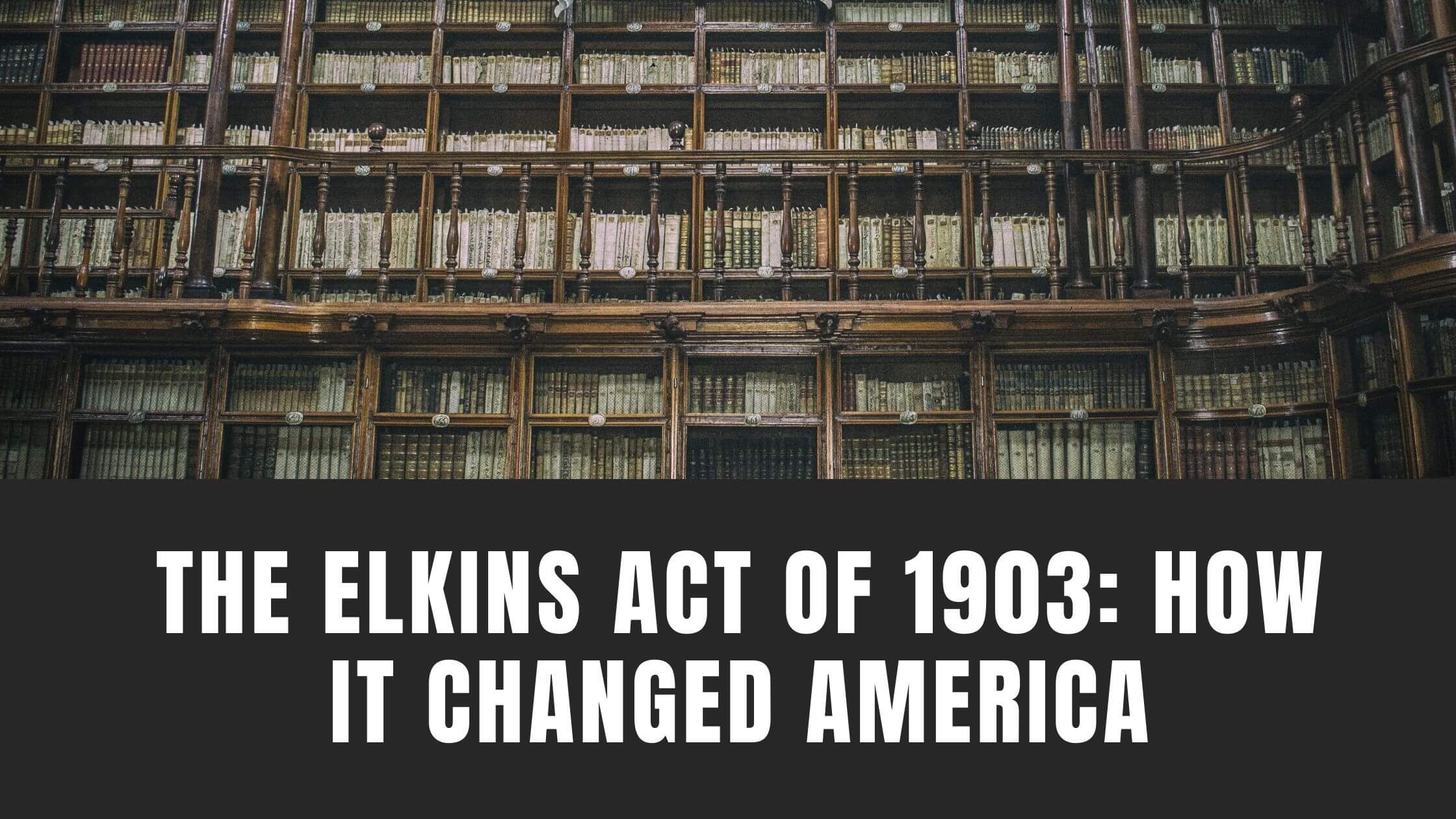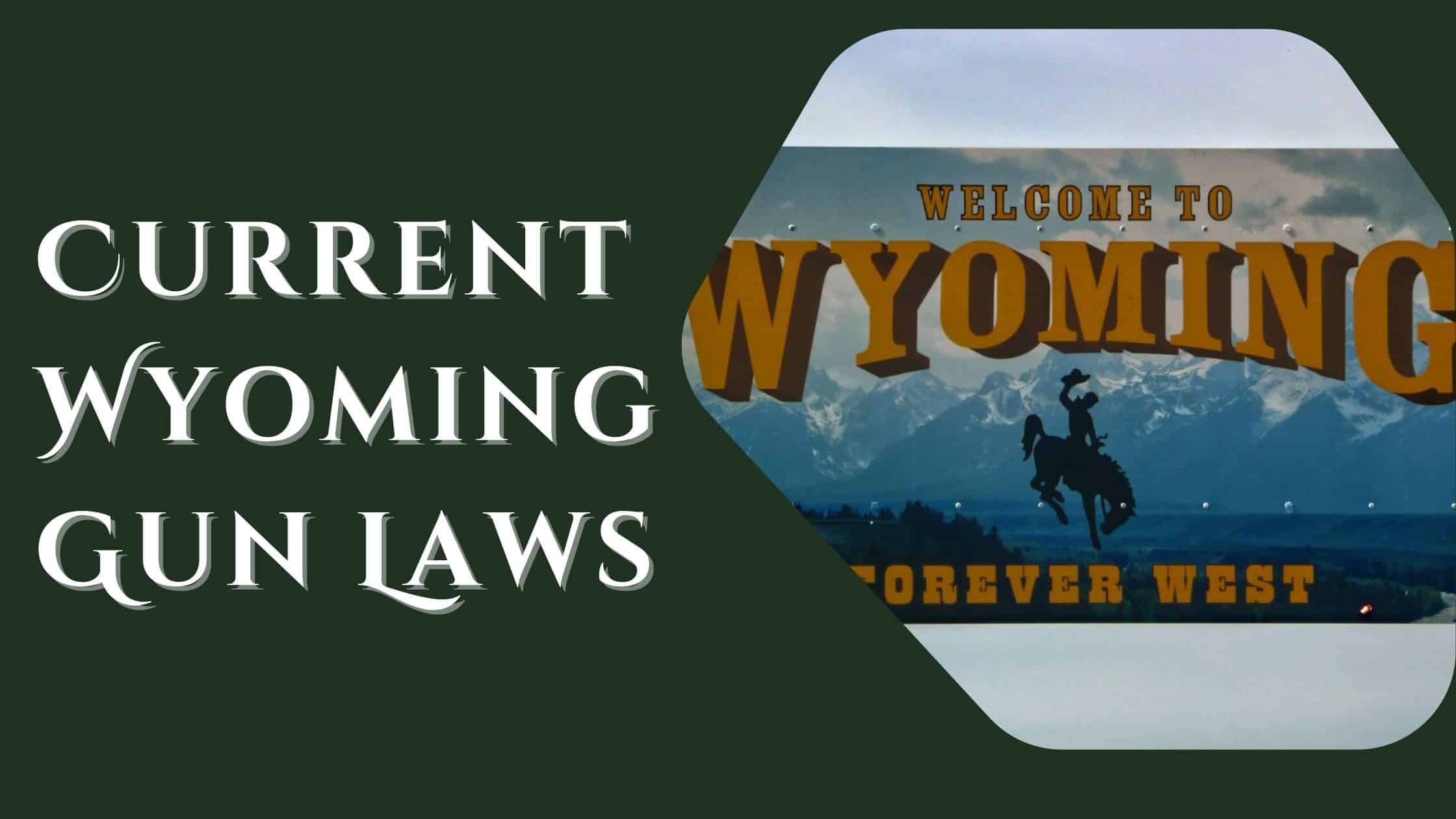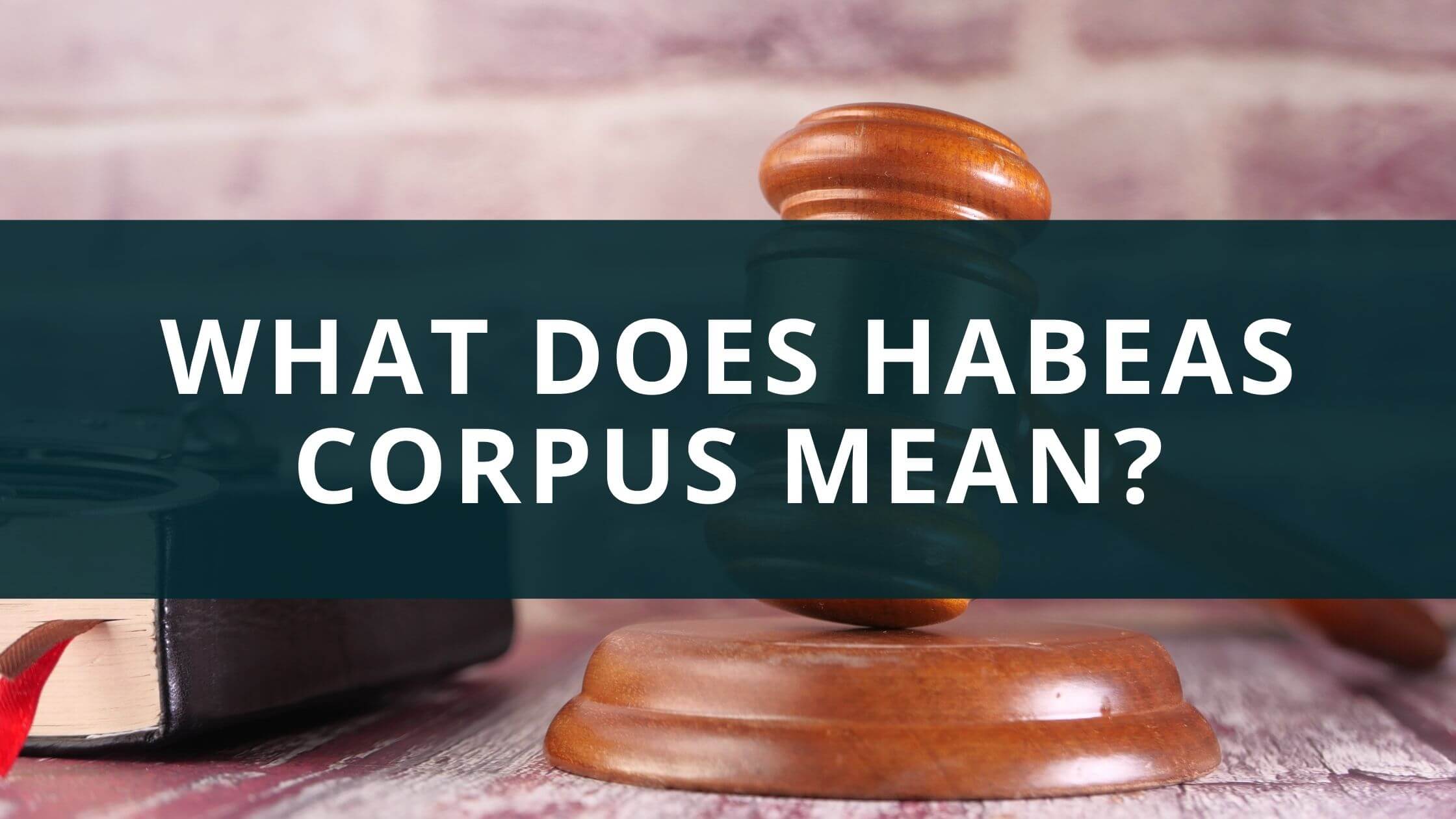Table of Contents
ToggleThe use and acceptance of marijuana have shifted significantly over the last couple of decades.
Its status has gone from an illicit substance feared by parents and officials to something taken recreationally and even used medicinally for many ailments.
So, is weed federally legal in the United States now, or is there still the risk of criminal charges?
No, weed is not federally legal in the United States, although it is legal in a number of states that have legislated for its use. If it is used in a state that doesn’t have its own regulations, then the federal law will take preference, and there is the risk of criminal charges.
There are states where cannabis is legal solely for medical use and states that permit medicinal and recreational use. Other states strongly oppose any form of use and don’t even allow cannabidiol (CBD) products, although this is rare.
A Cannabis greenhouse would be legal in some states but illegal in others.
Different Categories of Marijuana
Some people take marijuana recreationally as an enjoyable drug, much like they would drink alcohol or take other recreational drugs.
Many believe that adults should have the freedom to choose what they put into their bodies and have the chance to obtain it safely and responsibly.
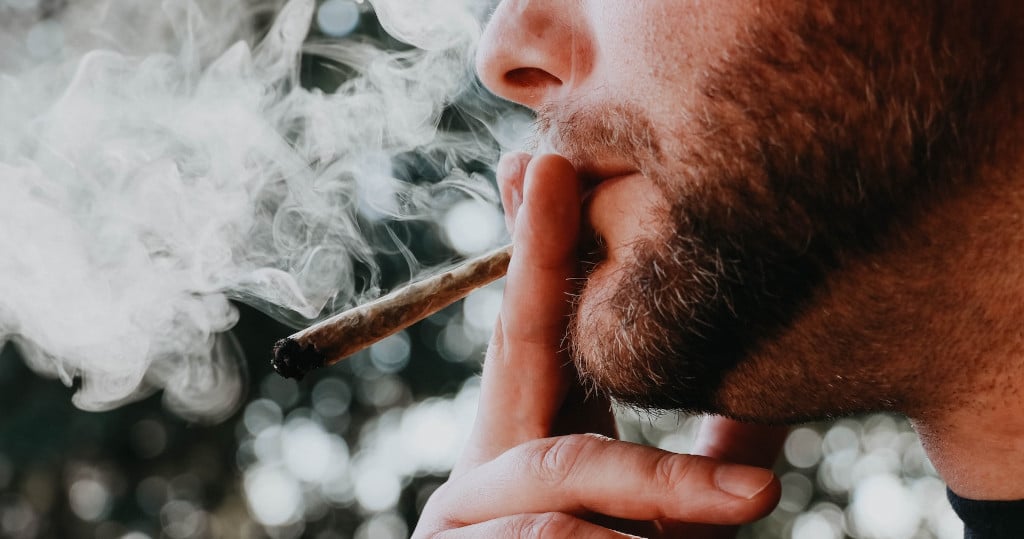
The argument against it is that there is the potential for negative reactions and addiction, and therefore classifying it as a more dangerous substance.
Then there is the medicinal use of marijuana. It is widely accepted that cannabis has excellent medicinal properties for dealing with various conditions.
The right prescription from a controlled dispensary can change lives, and ongoing research highlights its greater potential of positive uses for healthcare.
The Federal Status of Weed vs. CBD
When talking about the legalization of cannabis in America, it is also important to make the distinction between cannabis and CBD products.

Many CBD products use the cannabis symbol and name in their branding because of their oils’ appeal and undeniable origin.
However, CBD products lack the tetrahydrocannabinol (THC) compounds in marijuana, making it a psychoactive drug.
Because of this, there is a clear distinction between the two products and what they can potentially do.
CBD has the potential to act as a relaxant and help with anxiety issues and inflammation without any harmful compounds. This is why it is legal to produce and market.
Differences Between State Laws on Marijuana
Right now, the issue of marijuana legalization remains a state issue, with each state determining its own laws. If it were a federal issue, then the government would make decisions regarding its status.
Liberal states have led the way with cannabis legalization and the use of CBD products.Unsurprisingly, the more liberal states on the East and West coast are those with full legalization of medicinal and recreational marijuana, with California being the first to legalize medical marijuana use in 1996.
As of February 2022, there are three states with full criminalization, which means not even CBD products are permitted. They are Idaho, Nebraska, and Kansas.

Get Smarter on US News, History, and the Constitution
Join the thousands of fellow patriots who rely on our 5-minute newsletter to stay informed on the key events and trends that shaped our nation's past and continue to shape its present.
Others allow using CBD but aren’t ready to allow medical marijuana use.
Consequences of a Federal Law
The positive thing about federal law is that it could overrule current state law and offer sweeping coverage for all states.
Therefore, if you required medical cannabis in Minnesota, you could no longer be denied across the border in Wisconsin.
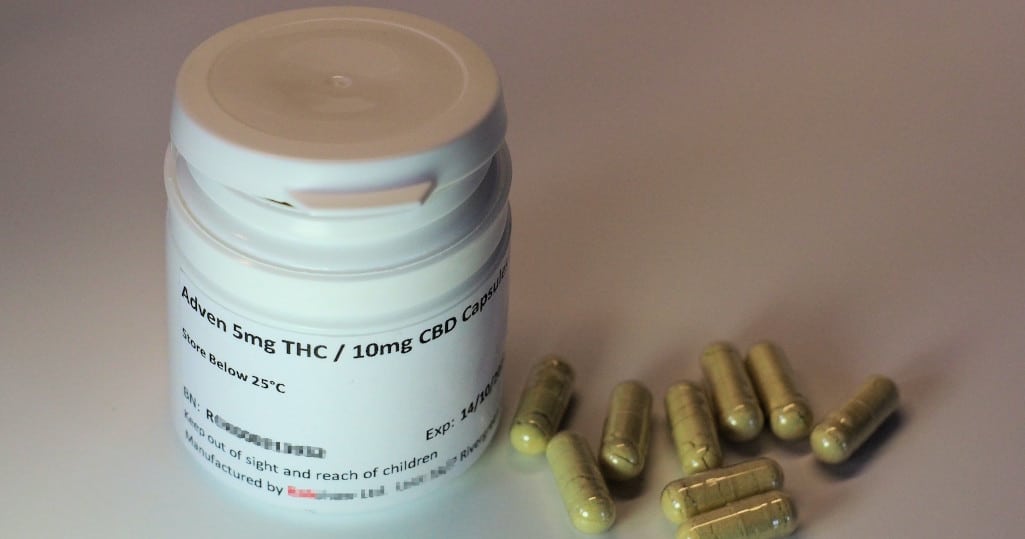
Similarly, if you were in possession of a legal amount of recreational cannabis in New York and kept that on you over into Pennsylvania, you shouldn’t face any repercussions.
Many people now support full decriminalization on a federal level.
As of April 2021, 60% of those surveyed were in favor, with 31% supporting medical cannabis only and 8% against any form of legalization. There is a growing consensus that the benefits outweigh the negatives, and people should be free to choose.
Federal Law of Marijuana and the White House
The tide is turning, with more people changing their stance on weed and its threat to society.
This includes government officials and even those within the White House.

One of the most significant moments recently came when President Biden announced he would pardon those convicted of federal marijuana possession.
This is in line with the administration’s platform for the election, which openly spoke out in favor of decriminalization. Furthermore, President Biden also announced a bill expanding research into medical marijuana.
Could Weed Become Federally Legal Soon?
Yes, there is a chance that federal prohibition could end in the not-too-distant future. This is because there is already a motion to create that law and allow for blanket legalization across the country.
The House of Representatives has passed a bill to remove marijuana from the Controlled Substances Act.
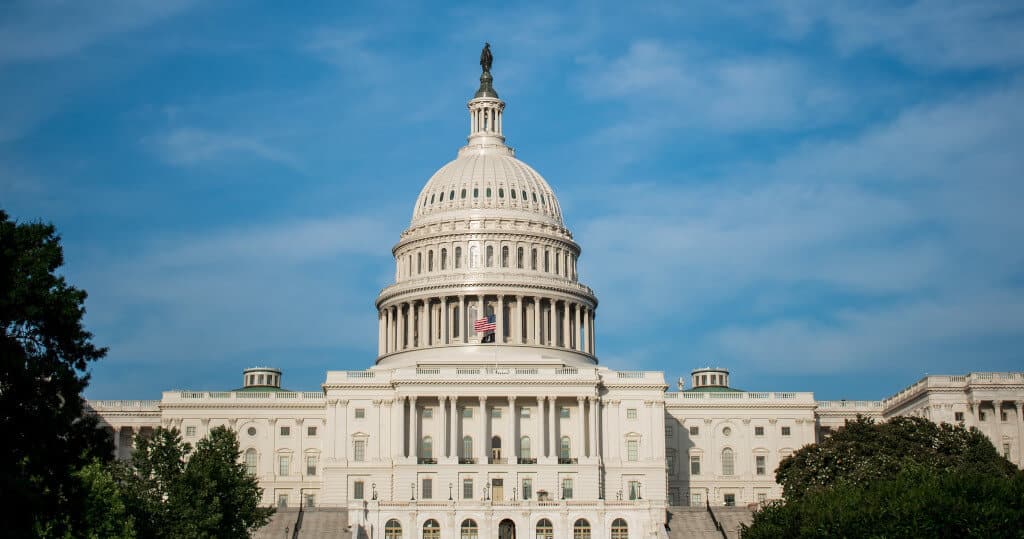
The problem is that this now has to go through the Senate, where officials aren’t so keen to agree to this measure and end cannabis prohibition.
There is still a strong divide between the left, who see the social and economic benefits in ending the war on pot waged by the Drug Enforcement Administration, and the right, who continue to demonize all drug use.
The Future of Weed as a Criminal Substance
Because federal legalization isn’t that likely right now, it appears that cannabis will continue to be viewed as a controlled substance by the federal government.
States that have legalized CBD may vote in favor of medicinal use. In contrast, those with no issue with medicinal marijuana dispensaries may believe it is time to go further with full decriminalization.
Eventually, there may come a time when anyone in America can possess, smoke, or even grow a legally recognized amount of weed.
Policy changes are certainly heading in that direction, but there is still a way to go.

